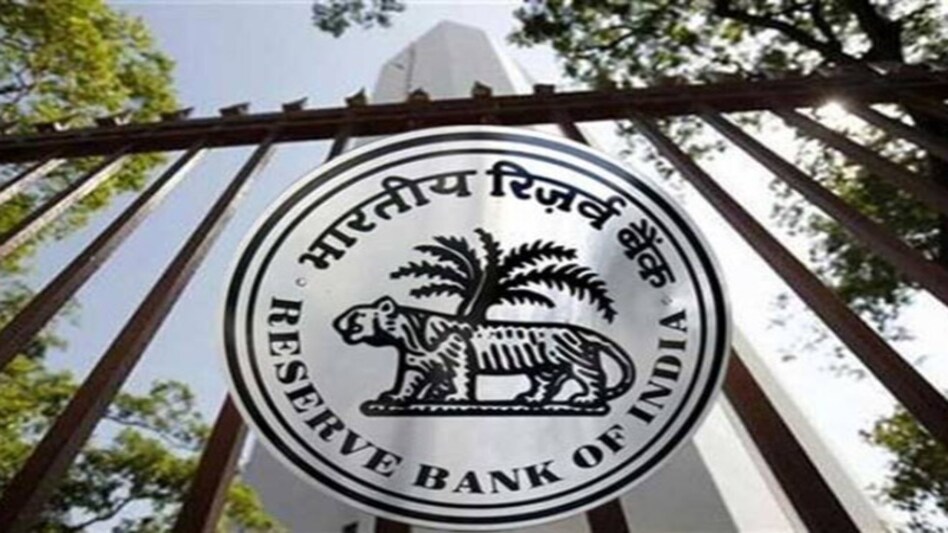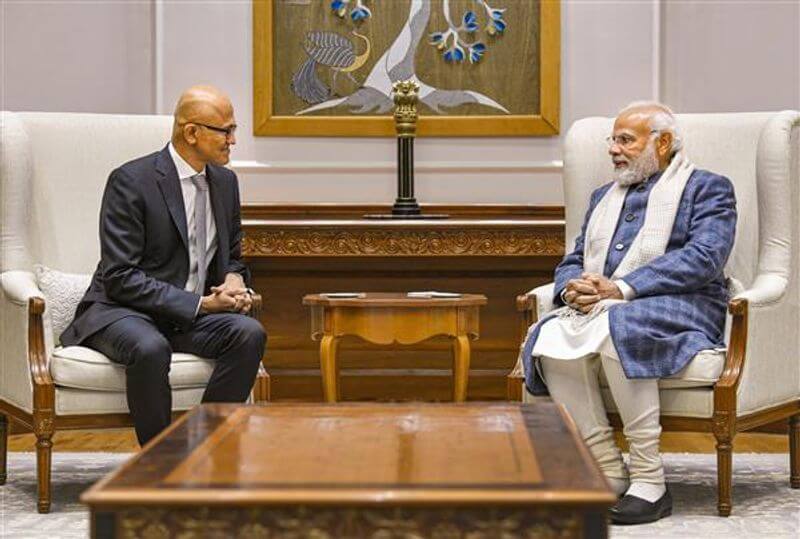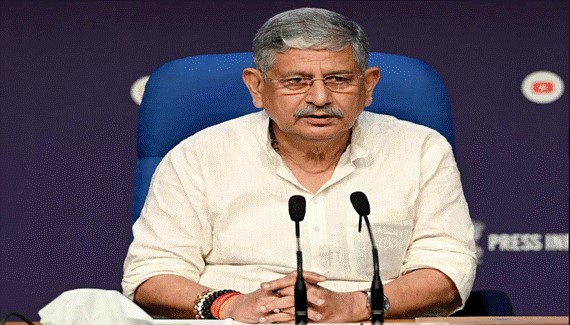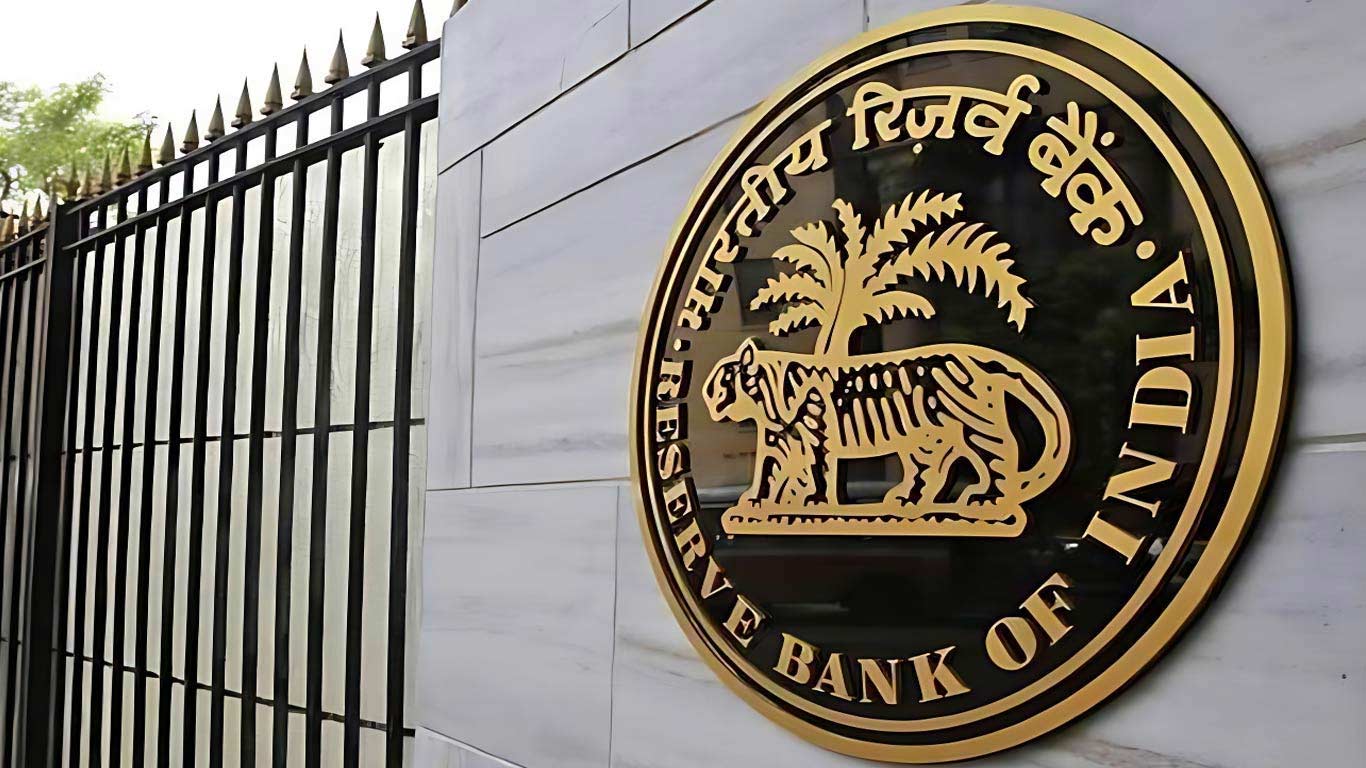RBI Introduces Delegated Payment Through UPI, Cheque Clearing Time Reduced
Fri 09 Aug 2024, 11:29:27

Mumbai: The Reserve Bank of India (RBI) on Thursday proposed to introduce Delegated Payments’ in UPI. Delegated Payments would allow an individual (primary user) to set a UPI transaction limit for another individual (secondary user) on the primary user’s bank account. This product is expected to add to the reach and usage of digital payments across the country. In another major announcement, the RBI also enhanced the limit for tax payments through UPI from ₹1 lakh to ₹5 lakh per transaction. The RBI said this has been done as direct and indirect tax payments are common, regular and high value.
The Unified Payments Interface (UPI) has a very large user base of 424 million individuals. There is, however, potential for further expansion of the user base, said the central bank. The RBI also announced its plans for faster clearance of cheques that is from the current two working days to few hours now. At present, cheque clearing through the Cheque Truncation System (CTS) operates in a batch processing mode and has a clearing cycle of up to two working days. It is proposed to reduce the clearing cycle by introducing continuous clearing with 'on-realisation-settlement' in CTS. Cheques will be scanned, presented, and passed in a few hours and on a continuous basis during business hours. The clearing cycle will reduce
from the present T+1 day to a few hours. Detailed guidelines in this regard shall be issued shortly, said the RBI.
from the present T+1 day to a few hours. Detailed guidelines in this regard shall be issued shortly, said the RBI.
Other announcements were plans to have a public repository of digital lending apps which would aid the customers in verifying the claim of Digital Lending App’s (DLAs) association with lenders. The RBI said that media reports have highlighted the continued presence of unscrupulous players in digital lending who falsely claim their association with RBI regulated entities (REs). The RBI also announced its decision to increase the frequency of reporting of credit information from monthly intervals to fortnightly basis or at such shorter intervals as mutually agreed between the lender and the credit bureau.
“The fortnightly reporting frequency would ensure that credit information reports provided by credit information companies reflect more recent information. This will be beneficial to both borrowers and lenders. Borrowers will have the benefit of faster updation of information, especially when they have repaid the loans. Lenders will be able to make better risk assessments of borrowers and also reduce the risk of over-leveraging by borrowers. Necessary instructions will be issued shortly,” said the central bank.
No Comments For This Post, Be first to write a Comment.
Most viewed from Business
AIMIM News
Latest Urdu News
Most Viewed
May 26, 2020
Should there be an India-Pakistan cricket match or not?
Latest Videos View All
Like Us
Home
About Us
Advertise With Us
All Polls
Epaper Archives
Privacy Policy
Contact Us
Download Etemaad App
© 2026 Etemaad Daily News, All Rights Reserved.





.jpg)
.jpg)


















.jpg)
.jpg)
.jpg)


